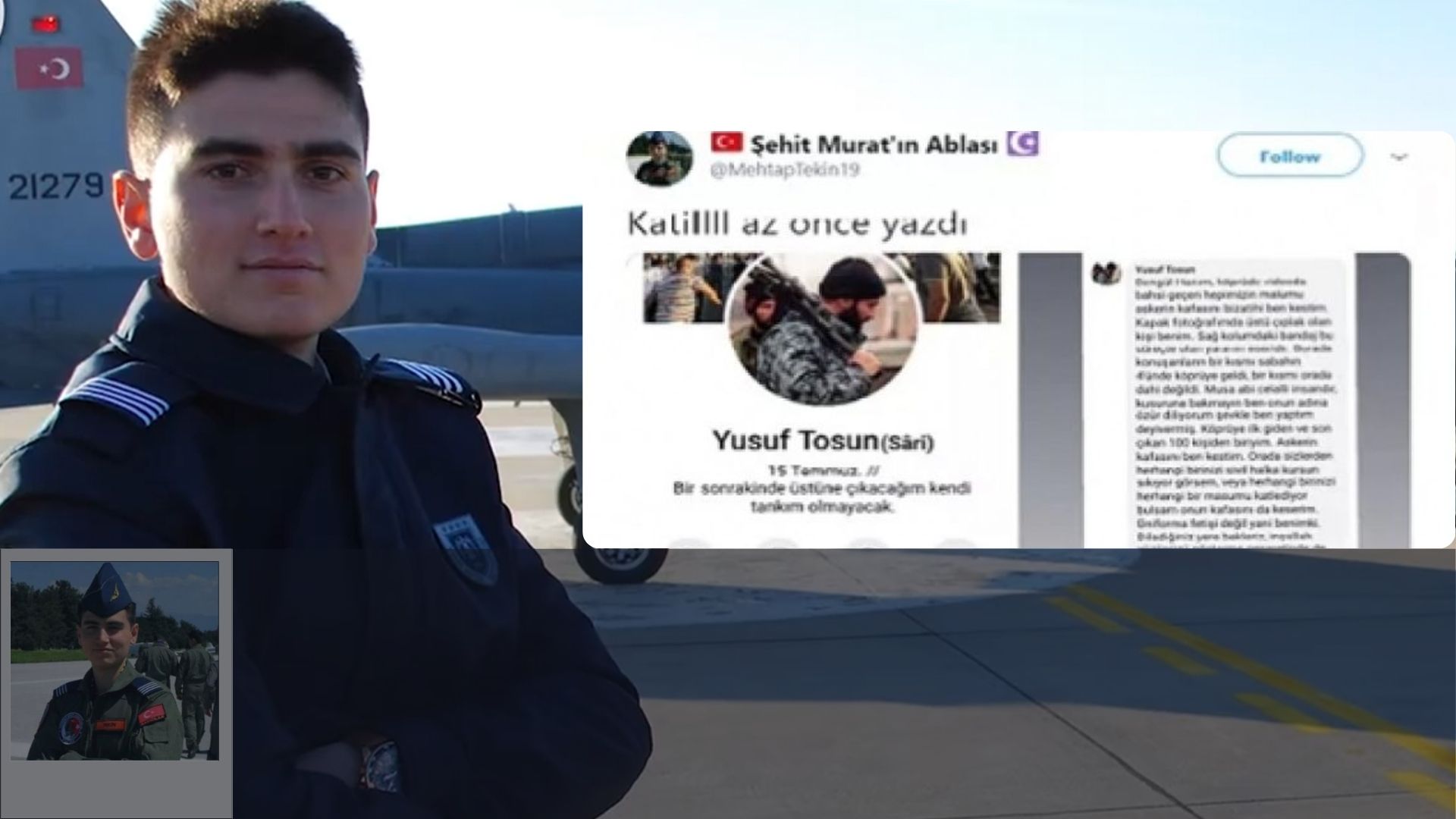The Truth Behind the Events at Tuzla Infantry School and the Unanswered Questions

The events that unfolded at Tuzla Infantry School have revealed a clear division among different factions within the Turkish Armed Forces (TSK). According to allegations, tensions erupted on November 10th—Atatürk Memorial Day—when a second lieutenant reportedly refused to wear Atatürk’s photo and was subsequently targeted by other cadets. This incident highlighted the underlying tensions between groups with differing ideologies or beliefs within the TSK.
Recently, these events have attracted considerable public attention, fueled by various claims and interpretations. It is crucial that the situation be addressed with accurate information and examined from a neutral and objective standpoint.
The claims suggest that a dispute arose after a second lieutenant declined to wear an Atatürk photo, leading to a broader confrontation. Different media outlets have reported the events in conflicting ways, making it difficult to form a clear picture. Furthermore, the administrative and judicial processes initiated by the authorities have been criticized for lacking transparency and impartiality.
The Ministry of National Defense described the situation as a “clear example of disinformation” and announced that administrative and legal investigations were underway. Officials stated that the outcomes would be shared with the public once the processes were concluded—despite concerns over the fairness of these procedures.
First and foremost, the accuracy of the allegations reported by various sources must be verified. During this period, it is essential to evaluate the events and relevant documents with an impartial and objective perspective.
Investigations carried out by the Turkish Land Forces Command and reports prepared by disciplinary committees may shed light on the details. However, the reliability of official statements and findings is left to the judgment of the public for now.
Placing the incident in historical context reveals significant parallels with past societal divisions, particularly those witnessed during the Balkan Wars at the end of the Ottoman Empire. At that time, increased ethnic, religious, and ideological divisions undermined social unity. Similarly, today’s events point to rising tensions among groups with differing worldviews, possibly evolving into institutional polarization.
Historical experiences show that internal conflicts in society often extend into public institutions, especially the military. Thus, this incident should not be seen merely as a military event, but rather as a reflection of broader societal dynamics.
Turkey’s recent history bears the scars of polarization, and the emergence of a similar divide within a military academy raises serious concerns about national unity and social cohesion.
While investigations by official bodies continue, how society addresses such divisions and how similar incidents can be prevented in the future remains vital. Social peace and harmony are values that require collective responsibility and contribution.
Parallels Between Balkan War-Era Factionalism and the Tuzla Infantry School Incident: Polarization in the TSK and Its Consequences
One of the most striking examples of polarization in Turkish history occurred during the Balkan Wars. As the Ottoman Empire weakened, ethnic and religious divisions grew, giving rise to internal conflict. This ideological fragmentation eroded the sense of unity and solidarity in society. Today, similar trends of polarization and factionalism are observable within Turkey’s military structure, as evidenced by the recent events at Tuzla Infantry School.
These incidents point to internal conflicts within the dynamics of the TSK. Such a situation could undermine the military’s culture of cooperation, trust, and solidarity. Institutional polarization can also have adverse effects on national security and defense capabilities.
Incompetent Appointments and the Reflection of Political Polarization
In recent years, polarization and factionalism in Turkey have largely stemmed from the appointment of unqualified individuals to key positions and the widespread influence of political bias across all sectors. This has contributed to an atmosphere of social division and tension.
In the case of the Turkish Armed Forces, appointments based on political or ideological loyalty rather than merit have weakened institutional trust. Favoritism, nepotism, and patronage during personnel recruitment have fueled mistrust and unease among various groups within the military, exacerbating internal conflicts.
Likewise, the extension of political polarization into all areas of public life reinforces these divisions. The exclusion of individuals with differing political views or opposition affiliations from public institutions, and appointments made based on political loyalty rather than qualifications, have created a climate of distrust across society.
The events at Tuzla Infantry School reflect how this polarization manifests within the TSK. The marginalization or targeting of individuals with different perspectives weakens institutional integrity and increases internal strife.
When examining the causes of this polarization and factionalism within the TSK, prominent factors include uncertainties in appointment processes and the prioritization of political or ideological allegiance over merit. This may have led to the exclusion of certain groups from representation within the institution.
Ultimately, the events at Tuzla Infantry School mirror the societal fragmentation experienced during the Balkan War era. In both cases, ideological divisions among different factions weakened social cohesion and gave rise to internal conflict.
Aziz Tarık Aydın




